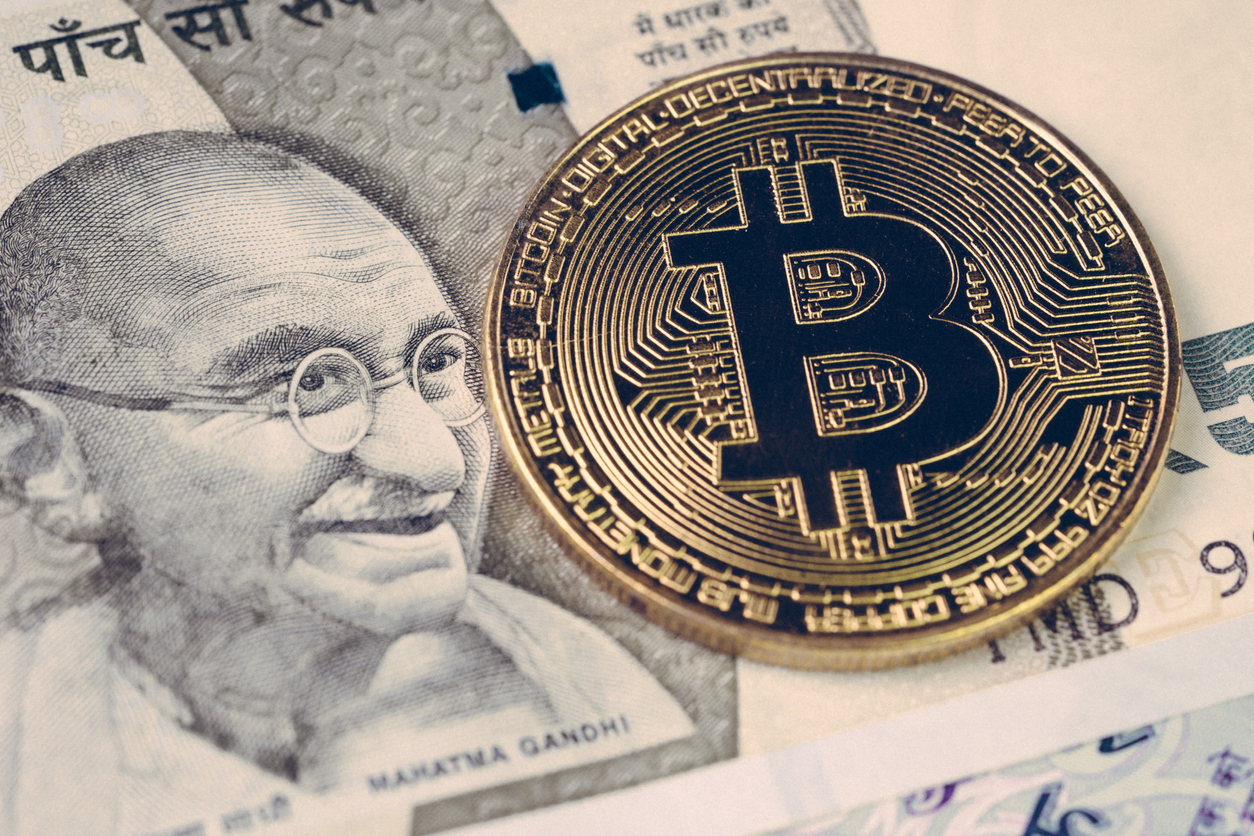
How countries around the world regulate crypto: An explainer

The government wants to ban all private cryptocurrencies, with some exceptions, to pave the way for a digital money controlled by the Reserve Bank of India.
The Cryptocurrency and Regulation of Official Digital Currency Bill, 2021, is listed for introduction in Parliament’s Winter Session starting November 29. It seeks to “create a facilitative framework for the creation of the official digital currency to be issued by the RBI.
The Bill “seeks to prohibit all private cryptocurrencies in India, however, it allows for certain exceptions to promote the underlying technology of cryptocurrency and its uses”.
Prices of cryptocurrencies on local exchanges crashed overnight after the news broke, even though they remained largely unchanged in global markets.
Global regulation
Governments and regulators remain divided on how to categorise crypto as a currency or asset — and how to control it from an operational point of view.
El Salvador, for example, approves Bitcoin as legal tender. China imposes stringent regulations on both cryptos and service providers.
Countries such as India are somewhere in between — still in the process of figuring out the best way to regulate cryptos after some policy and regulatory experimentation.
CANADA
Through its Proceeds of Crime (Money Laundering) and Terrorist Financing Regulations, Canada defines virtual currency as: (a) a digital representation of value that can be used for payment or investment purposes that is not a fiat currency and that can be readily exchanged for funds or for another virtual currency that can be readily exchanged for funds; or (b) a private key of a cryptographic system that enables a person or entity to have access to a digital representation of value referred to in paragraph (a).
A report by the Thomson Reuters Institute in June this year noted that Canada has been among the early adopters of crypto, and the Canada Revenue Authority generally treats cryptocurrency like a commodity for purposes of the country’s Income Tax Act.
ISRAEL
Israel includes virtual currencies in the definition of financial assets. The Israeli securities regulator has ruled that cryptocurrency is a security subject, while the Israel Tax Authority defines cryptocurrency as an asset and demands 25% on capital gains.
GERMANY
Germany’s Financial Supervisory Authority qualifies virtual currencies as “units of account” and therefore, “financial instruments”. The Bundesbank considers Bitcoin to be a crypto token given that it does not fulfil typical functions of a currency. However, citizens and legal entities can buy or trade cryptoassets as long as they do it through exchanges and custodians licensed with the German Federal Financial Supervisory Authority.
United States
Different states in America have different definitions and regulations for cryptocurrencies. While the federal government does not recognise cryptocurrencies as legal tender, definitions issued by the states recognise the decentralised nature of virtual currencies.
THAILAND
Digital asset businesses are required to apply for a licence, monitor for unfair trading practices, and are considered “financial institutions” for anti-money laundering purposes among others, according to the Thomson Reuters Institute report. Earlier this month, Thailand’s oldest lender, Siam Commercial Bank, announced a move to purchase 51 per cent stake in local cryptocurrency exchange Bitkub Online.


